Our Mission & Values
Our Treatment Services
Signs of Needing SUD Treatment
Stages of Change for Getting Help, Treatment, and Recovery
Helping a Loved One Enter Treatment
Understanding and Initiating an Intervention
Why Choose Us?
Make the Choice Today

About Elijah House Foundation
Our philosophy is rooted in the belief that recovery is a holistic whole-person process. We understand that each person’s journey to recovery is unique. Our team of dedicated professionals work closely with each client to develop personalized treatment plans, ensuring a well-rounded approach to recovery.
Our Mission & Values
Our mission is to offer whole-person recovery to those in need. We seek to provide holistic and life-changing recovery programs for individuals and families seeking freedom from addiction. We offer residential therapeutic living, outpatient counseling, and faith-based healing in a safe and caring environment.
Our Treatment Services
Elijah House Foundation has multiple programs to enhance the lives of those living in the communities we serve. We provide compassionate, evidence-based treatment for individuals struggling with addiction.
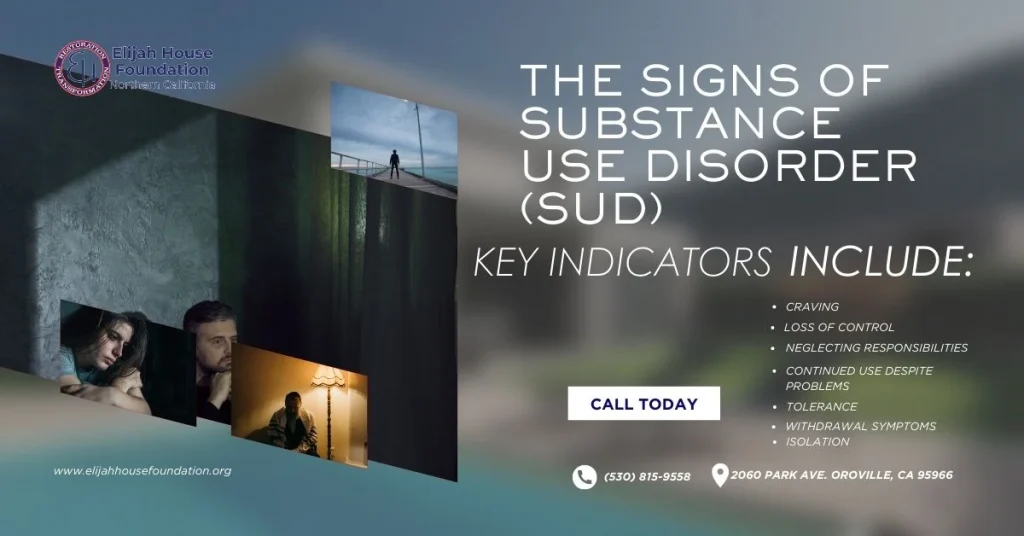
Signs of Needing SUD Treatment
According to the Substance Abuse and Mental Health Services Administration (SAMHSA), recognizing the signs of substance use disorder (SUD) is crucial for seeking timely treatment. Key indicators include:
- Craving: A strong need or urge to use substances.
- Loss of Control: Consuming more of the substance than intended or for a longer period than planned.
- Neglecting Responsibilities: Failing to fulfill obligations at work, school, or home due to substance use.
- Continued Use Despite Problems: Continuing to use substances despite physical or psychological problems caused or worsened by their use.
- Tolerance: Needing more of the substance to achieve the same effect.
- Withdrawal Symptoms: Experiencing symptoms such as anxiety, irritability, nausea, or tremors when not using the substance.
For a more comprehensive understanding, visit the SAMHSA website.
Stages of Change for Getting Help, Treatment, and Recovery
The journey to recovery often follows the Stages of Change model, which includes:
- 1. Precontemplation: Not yet considering change or unaware of the need for change.
- 2. Contemplation: Aware of the problem and thinking about overcoming it, but not yet committed to action.
- 3. Preparation: Getting ready to change and planning steps toward recovery.
- 4. Action: Actively working towards recovery through treatment or other strategies.
- 5. Maintenance: Sustaining recovery and working to prevent relapse.
- 6. Relapse: Returning to substance use, which can be a part of the recovery process and a point to return to earlier stages to recommit to recovery. You do NOT have to relapse before seeking help.
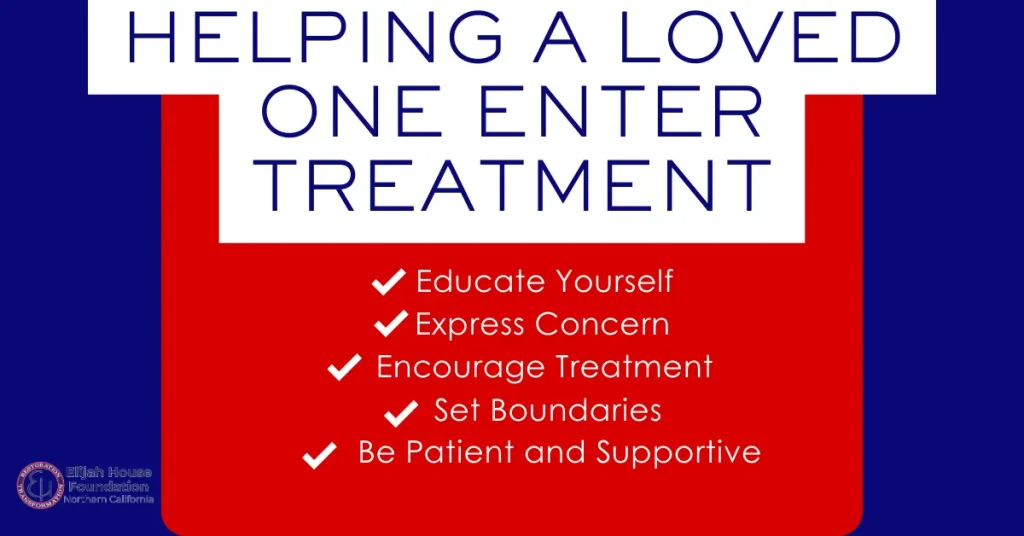
Helping a Loved One Enter Treatment
If you have a loved one struggling with SUD, here are ways to provide support:
Helpful Actions:
- Educate Yourself: Learn about SUD and its treatment options.
- Express Concern: Talk to your loved one about your concerns in a non-judgmental way.
- Encourage Treatment: Support their efforts to seek treatment and offer to help them find resources.
- Set Boundaries: Establish and maintain boundaries to protect your own well-being.
- Be Patient and Supportive: Recovery is a long process and requires ongoing support.
Actions to Avoid:
- Enabling: Avoid actions that protect the person from the consequences of their behavior.
- Judgment and Blame: Refrain from criticizing or blaming them for their condition.
- Neglecting Self-Care: Ensure you also look after your own physical and emotional health.
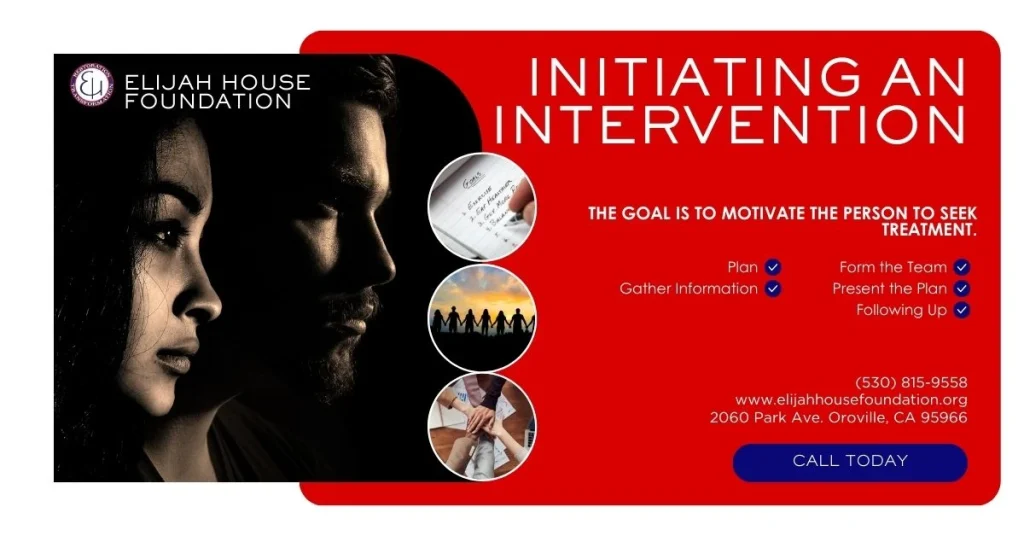
Understanding and Initiating an Intervention
An intervention is a structured conversation between loved ones and an individual struggling with substance use, often facilitated by a professional. The goal is to motivate the person to seek treatment.
What an Intervention Looks Like:
- Planning: Families plan what they will say, often with the help of a professional.
- Gathering Information: Learning about the condition and treatment options.
- Forming the Team: Involving friends, family members, and sometimes a professional interventionist.
- Presenting the Plan: During the intervention, each participant shares their concerns and presents a prearranged treatment plan.
- Following Up: If the person agrees to treatment, the team helps them get admitted into a treatment program immediately.
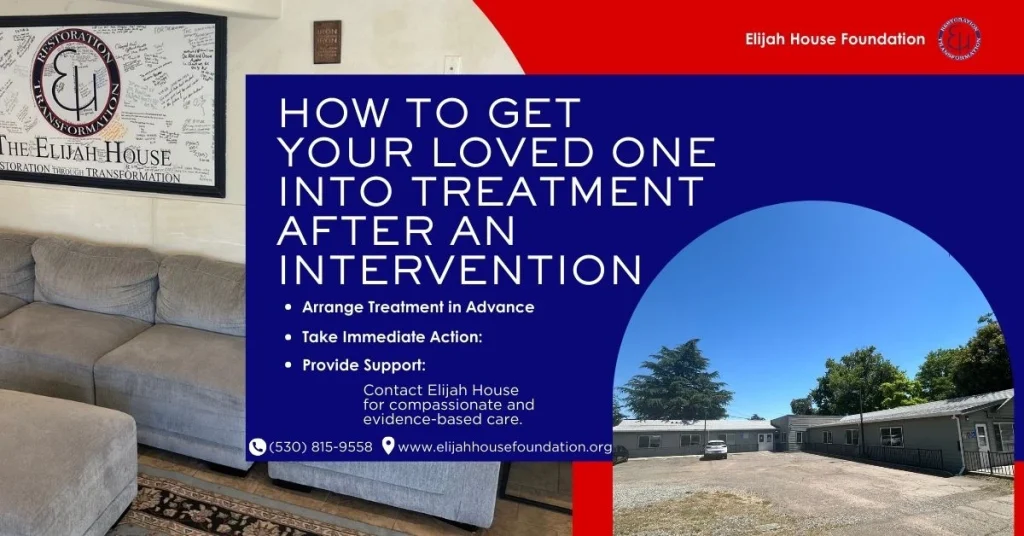
How to Get Your Loved One into Treatment After an Intervention:
- Arrange Treatment in Advance: Have a treatment plan ready before the intervention.
- Immediate Action: Encourage the individual to enter treatment immediately following the intervention.
- Provide Support: Help with logistics, such as transportation to the treatment facility.
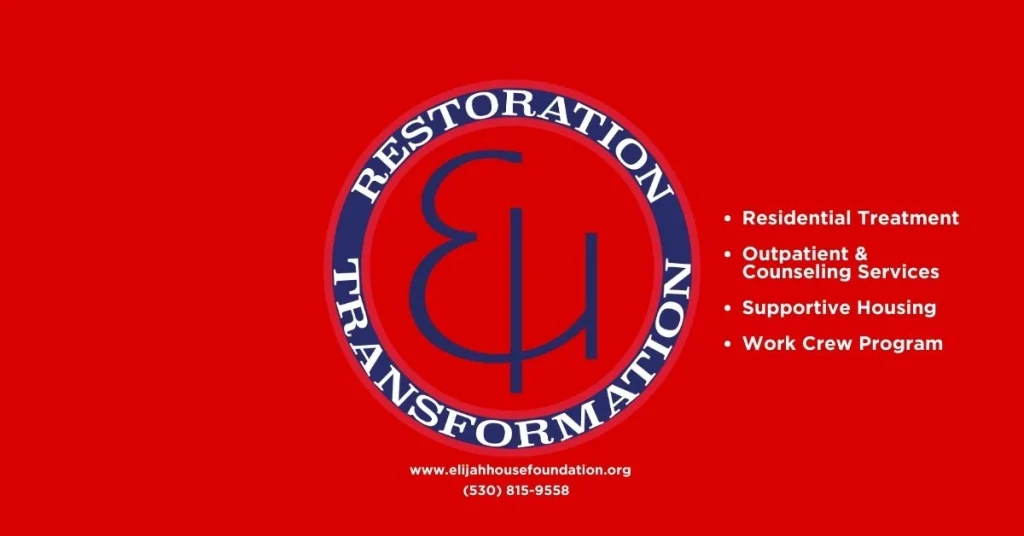
Why Choose Us?
- Reduced Cost Treatment
- Experienced Staff
- Quality Counselors
- Supportive Peers
- ADA-compliant for accessibility
Make the Choice Today
At Elijah House, we are dedicated to helping individuals overcome substance use disorders through comprehensive services. Our offerings include:
- Treatment Programs: Personalized treatment plans to meet each individual’s needs.
- Outpatient and Counseling Services: Ongoing support to maintain recovery.
- Supportive Housing: Safe and stable housing to facilitate the recovery process.
Take the first step towards recovery today. Contact Elijah House for compassionate and evidence-based care. Together, we can build a path to a healthier, substance-free life.








